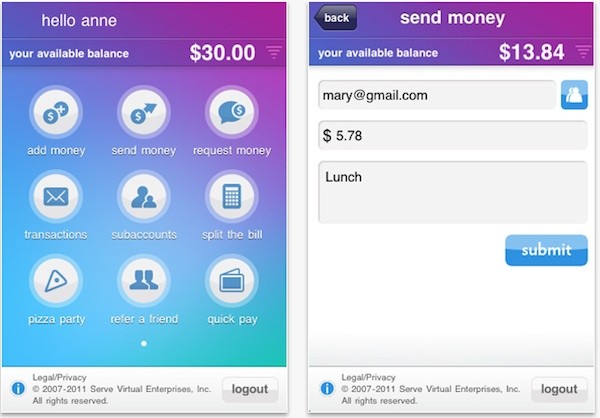The U.S. District Court for the Northern District of
Illinois has held that a company’s alleged use of an employee’s Facebook and Twitter
pages without her permission to post marketing messages that looked like they
were written by the employee may be liable under the Illinois Right to Publicity
Act and the Lanham Act for false endorsement.
In this case, the employee, Jill Maremont, worked for an
interior design firm in Chicago. As part of her job, Maremont created a
work-related blog that was hosted on her employer’s website. She also frequently
posted to both her Facebook page and Twitter, which both included her picture
and were, according to her, personal accounts.
In September 2009, Maremont was in an automobile accident
and was seriously injured. During Maremont’s convalescence, her employer posted
company messages to Maremont’s Facebook page and Twitter account, writing posts
that claimed to be from Maremont.
When Maremont found out about the substitute posts, she
asked her employer to stop because, among other things, it made it seem like she
was already back and work and her injuries were less severe than they actually
were. However, the posts allegedly continued until Maremont changed the
passwords to her Facebook and Twitter accounts.
The court held that those allegations were sufficient to
proceed under the theories of false endorsement and breaches of her right to
publicity. However, the court dismissed the plaintiff’s common law
misappropriation of likeness claim, noting that the tort was replaced by the
state’s Right to Publicity Act, and rejected the plaintiff’s unreasonable
intrusion upon seclusion claim.
Full text of the court’s opinion in Maremont v. Susan
Fredman Design Group, N.D. Ill., No. 10-7811, 3/15/11, is available at Maremont v Fredman 110315.pdf.
This case deals with
something employers should deal with in their social media policy – personal
social media accounts. Like most other issues regarding social media, how a
given employer deals with a given question depends a lot on the employer, its
industry and its culture. Some businesses prohibit employees from having
personal work-related social media accounts, while some encourage it. Consider
what the right position is for your business, discuss it with your employees who
are active in social media, and document the decision in your social media
policy.






 st 745 LLC (d/b/a Seven45 Studios) asserting “Power Gig” violates its U.S. Patent Number 5,990,405, titled “System and method for generating and controlling a simulated musical concert experience.” The claims center on “Power Gig” and its related components, which includes a guitar-style controller. Gibson is claiming that the game, in conjunction with a gaming console (Sony’s Playstation 2 and Microsift’s Xbox 360), contains elements that infringed its rights under the ‘405 patent. In addition to a claim for direct infringement, Gibson alleges contributory patent infringement and inducement of infringement. Gibson is seeking a preliminarily and permanently injunction, treble damages and attorneys’ fees.
st 745 LLC (d/b/a Seven45 Studios) asserting “Power Gig” violates its U.S. Patent Number 5,990,405, titled “System and method for generating and controlling a simulated musical concert experience.” The claims center on “Power Gig” and its related components, which includes a guitar-style controller. Gibson is claiming that the game, in conjunction with a gaming console (Sony’s Playstation 2 and Microsift’s Xbox 360), contains elements that infringed its rights under the ‘405 patent. In addition to a claim for direct infringement, Gibson alleges contributory patent infringement and inducement of infringement. Gibson is seeking a preliminarily and permanently injunction, treble damages and attorneys’ fees.